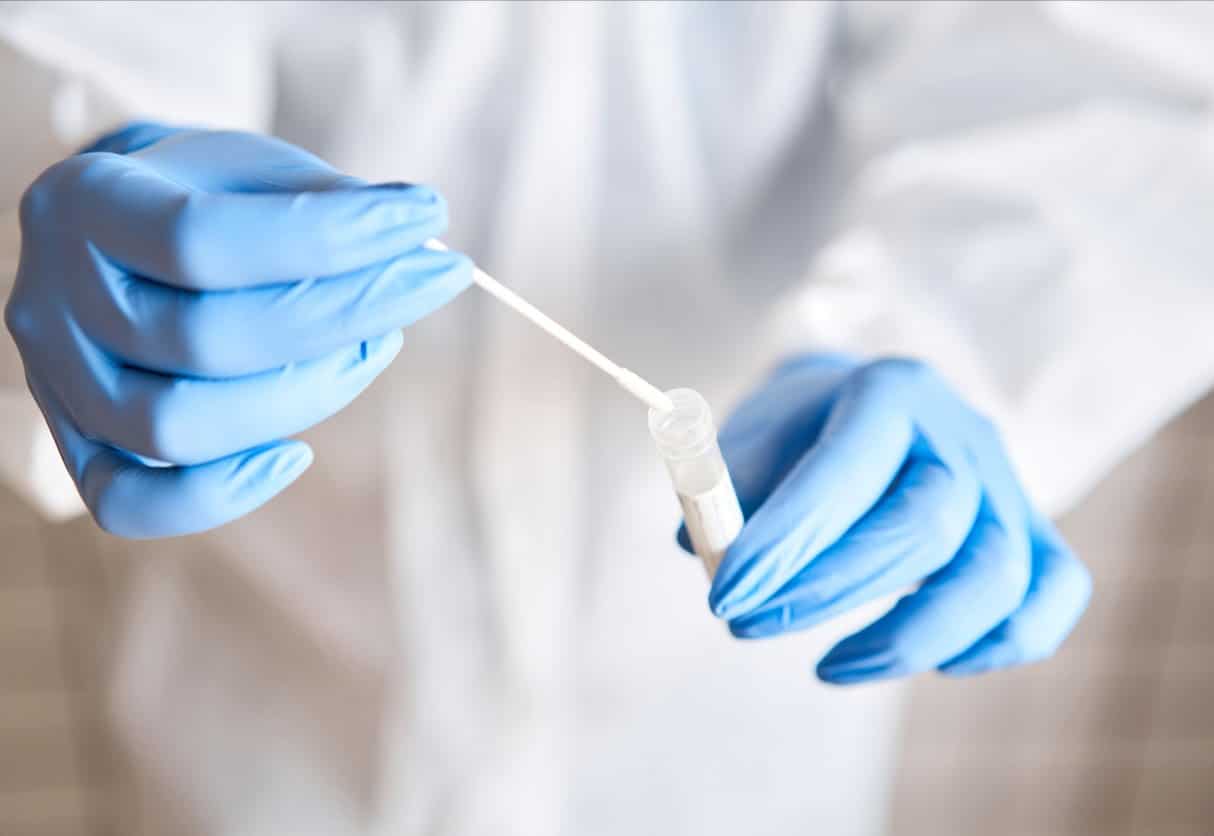Preliminary new research suggests that a simple saliva test can detect the presence of a protein biomarker known to signal the occurrence of a heart attack in just 10 minutes.
If this test prototype is validated in future studies, it could greatly improve the diagnoses. It would greatly accelerate the rate at which patients with cardiovascular problems can be diagnosed and treated during or after heart attacks.
During a myocardial infarction, commonly known as a heart attack, the levels of a protein called troponin rapidly increase in a patient's bloodstream.
Diagnosing heart attacks: an hour to a few minutes
Not all heart attacks are immediately obvious. Symptoms like chest pain, nausea, and fatigue can be frustratingly nonspecific, so when a patient comes to the emergency room with these signs, doctors quickly run a blood test to measure troponin levels.
The blood test generally takes about an hour to return a result.
“There is a great need for a simple and rapid troponin test. Important for patients with chest pain in the pre-hospital setting,” explains the author of the study Roi Westreich, of the Soroka University Medical Center in Israel. “Currently the troponin test uses blood samples. In this preliminary study we evaluated the feasibility of a new method that uses saliva."
The procedure
The research began by taking commercially available troponin blood tests. They then found ways to adapt them to detect the protein in saliva samples. A new procedure has been developed to remove superfluous proteins (within the scope of this task) from saliva samples.
Saliva samples were taken from 32 patients with heart attacks. Patients who had confirmed troponin blood results. Control saliva samples were also collected from 13 healthy subjects.
The results
Initial results proved promising, with processed saliva samples from heart attack patients showing positive for troponin 84% of the time. Only 6% of unprocessed saliva samples tested positive for troponin. This clearly says that the elaboration process is vital. Properly treated, saliva provides extraordinarily effective results.

Researchers suggest that the saliva test will take only 10 minutes to deliver results. And, while more validation work is needed, the test could offer those with poor cardiovascular health a significantly useful new diagnostic tool.
Westreich says the test to diagnose heart attacks will ultimately work the same way as a pregnancy test. It will provide simple positive / negative results in minutes.
“This first work shows the presence of cardiac troponin in the saliva of patients with myocardial injury,” says Westreich. “Further research is needed. It is necessary to determine how long troponin remains in the saliva after a heart attack. Additionally, we need to know how many patients would be misdiagnosed with heart attacks.”
The new research has yet to be published or peer-reviewed. It was recently presented to 2020 Annual Congress of the European Society of Cardiology.


